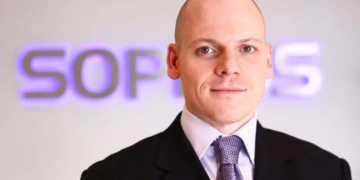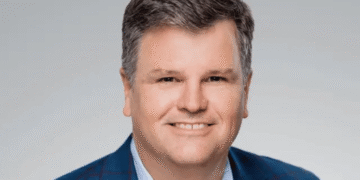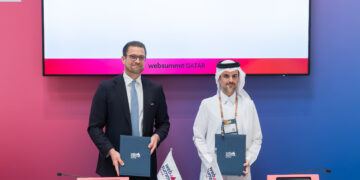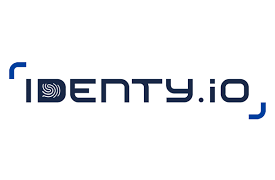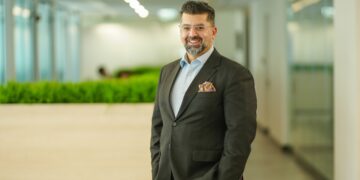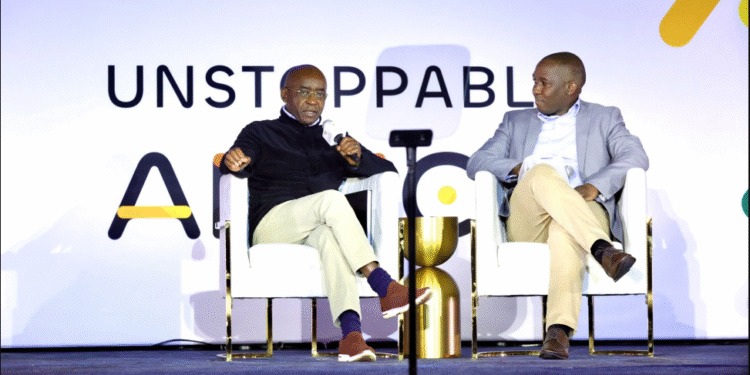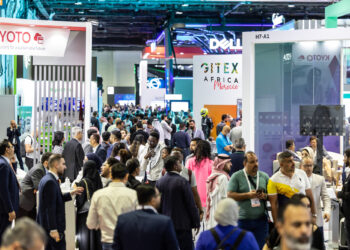Africa is not waiting to be part of the future, it’s building it. That was the resounding message from Unstoppable Africa 2025, the flagship event of the Global Africa Business Initiative (GABI), which recently concluded in New York. The forum, co-hosted by the United Nations Secretary-General, brought together heads of state, CEOs, and global investors to cement Africa’s position at the heart of global innovation, powered by massive new commitments in AI and finance.
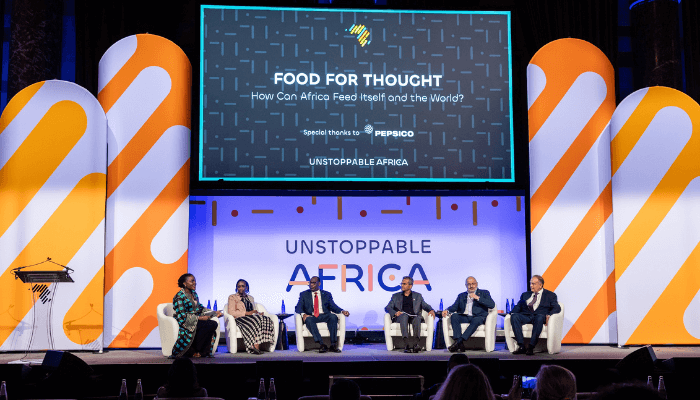
Africa’s Network of AI Factories
The most striking announcement came from Zimbabwean billionaire Strive Masiyiwa, Founder and Executive Chairman of Econet Global and Cassava Technologies. He revealed that work is underway to establish Africa’s first network of AI factories.
These facilities, powered by NVIDIA GPUs, are slated for completion by the end of 2026. This landmark project is more than an infrastructure upgrade; it’s a foundation for homegrown innovation, providing the crucial computing power necessary for African stakeholders to develop local AI solutions tailored to the continent’s most pressing challenges in health, agriculture, and finance.
Further bolstering the digital ecosystem, Meta, represented by Vice President Kojo Boakye, signaled upcoming investment opportunities in Africa’s tech sector, a powerful vote of confidence in the continent’s rapidly accelerating digital and AI potential. These initiatives signal a decisive shift toward locally led, long-term solutions designed to make Africa a creator of advanced technologies.
The dialogue at Unstoppable Africa 2025 wasn’t solely focused on tech; it also highlighted a monumental push to mobilize internal African capital for long-term growth.
In the financial services sector, the Africa Finance Corporation (AFC), in partnership with African Pension and Social Security Institutions, launched the Africa Savings for Growth initiative. This continental drive aims to channel Africa’s vast institutional savings into productive, inclusive, and long-term infrastructure and development projects.
The initiative is built on a key finding from the AFC: African institutional assets total at least $1.17 trillion, a significant portion of which is currently allocated to short-term, low-yield instruments. By shifting this capital, Africa can fuel its own economic transformation and global competitiveness.
Action Pathways on Health and Digital Resilience
The forum cemented its focus on tangible outcomes by launching two new GABI Action Pathways centered on Digital Transformation and Healthcare. These pathways are designed to connect businesses, governments, and innovators to accelerate work in sectors critical to Africa’s resilience:
- Digital Transformation Action Pathway: Focuses on expanding internet access and digital infrastructure, upgrading government services, and promoting the responsible use of AI and data. Critically, it includes a focus on training people for future jobs and funding small businesses with tech.
- Healthcare Action Pathway: Aims to improve medical access through digital tools, build stronger regional supply chains for healthcare products, and support the growth and investment required for Africa’s healthcare workforce.
The event, held just ahead of the 80th session of the UN General Assembly, concluded with an inspiring focus on the continent’s cultural and human capital. Featured contributors included director Ava DuVernay, singer-songwriter Tiwa Savage, and young Climate & Health Champion Ellyanne Wanjiku Chlystun-Githae.
Closing the forum, UN Deputy Secretary-General Amina J. Mohammed captured the event’s powerful central theme: “When people say Africa is resilient, they’ve got a different definition to resilience than we have. Africa’s resilience is about how we build on what we have and how we strengthen our markets, our economies and our democracies and I believe that the values and principles that we all hold are important. Unstoppable Africa is a space to remind ourselves that this is who we are, it is our narrative, on our terms that we go forth.”
The gathering served as a powerful reminder that Africa is seizing control of its own economic destiny, positioning itself to be a decisive force in the markets of the future.


